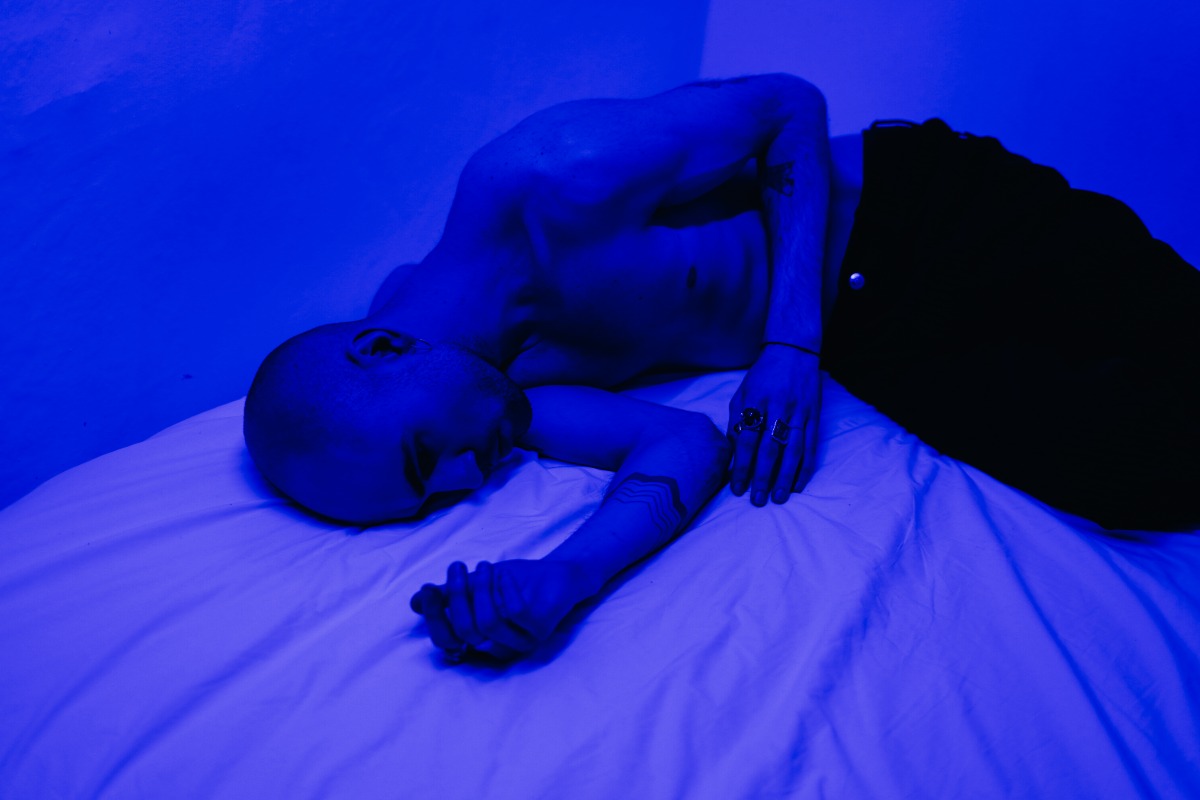
The use of opiates and opioids has become a serious and widespread problem throughout the world. Opiates are natural analgesics derived from the opioid poppy plant, while opioids are synthetic. Opioid and opiate abuse have severe physical and psychological repercussions, including depression, insomnia, social isolation, paranoia, and an inability to function normally in everyday life. Below are some other common effects of opioid and opiate abuse.
Depression and Anxiety
According to experts at The Guest House, opioids and opiates “interfere with parts of the brain that control moods, sleep cycles…pain and sensation.” As the brain gets used to this influx of chemicals, it stops producing “adequate amounts of the chemicals that control these symptoms.” As a result, when the high wears off, many people with opiate and opioid addictions experience depression and anxiety. The National Institute on Drug Abuse reports that most people with substance use disorder (SUD) also struggle with a mental health disorder, such as depression or anxiety. If you have an opioid or opiate addiction, you may experience depression and anxiety, or you may self-medicate with these and other substances to ease your uncomfortable feelings.
Physical Discomfort
Opiate and opioid abuse cause physical discomfort, including muscle aches, stomach cramps, nausea, and vomiting. Chronic opiate and opioid abuse can result in a painful condition called neuropathy, characterized by numbness, tingling, and pain in the limbs. Also, because users sometimes share needles, the high risk of contracting a disease, such as HIV or hepatitis B or C, is a major concern.
Insomnia
People who abuse opiates or opioids often experience insomnia or trouble falling asleep and staying asleep. Insomnia is one of the most common symptoms of long-term opiate and opioid abuse. In addition to insomnia, opiate and opioid abuse can also cause vivid nightmares and disturbing dreams. Nightmares and alarming dreams often occur because opiates and opioids disrupt REM, the sleep stage during which most dreaming occurs.
Constant Craving
Craving happens when you miss the “high” you got while abusing opiates or opioids. You may crave opiates or opioids when you withdraw from the drug, or you may crave opiates or opioids at any time. Cravings can occur days or weeks after you have stopped abusing these drugs. Craving can be a very strong and persistent feeling; it can be almost impossible to get rid of. You may crave opiates or opioids after you have stopped using them for any number of reasons, including the fact that you miss the feeling of euphoria, you are dealing with uncomfortable withdrawal symptoms, or you are experiencing some sort of stress in your life.
Opiate or opioid addiction is a serious condition that can have long-lasting effects on your physical and mental health. If you or someone you know is struggling with an addiction to opiates or opioids, you should seek help as soon as possible. With the right treatment, you can recover from your addiction and regain control of your life.
If you become addicted to opiates or opioids, you may find it difficult to eat, sleep, and enjoy activities you once found pleasurable. These changes can cause feelings of shame, guilt, and a lack of confidence in your ability to live a normal life. If you have an addiction to opiates or opioids and wish to seek treatment, you can regain confidence and self-esteem through individual therapy, group therapy, and support groups. All of these offerings, and more, can be found at The Guest House. For more information, please call (855) 483-7800.